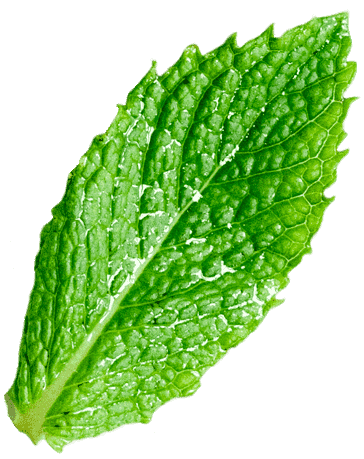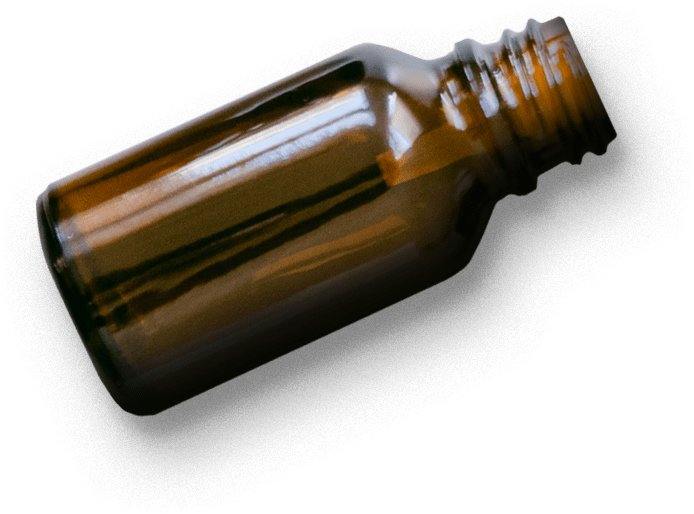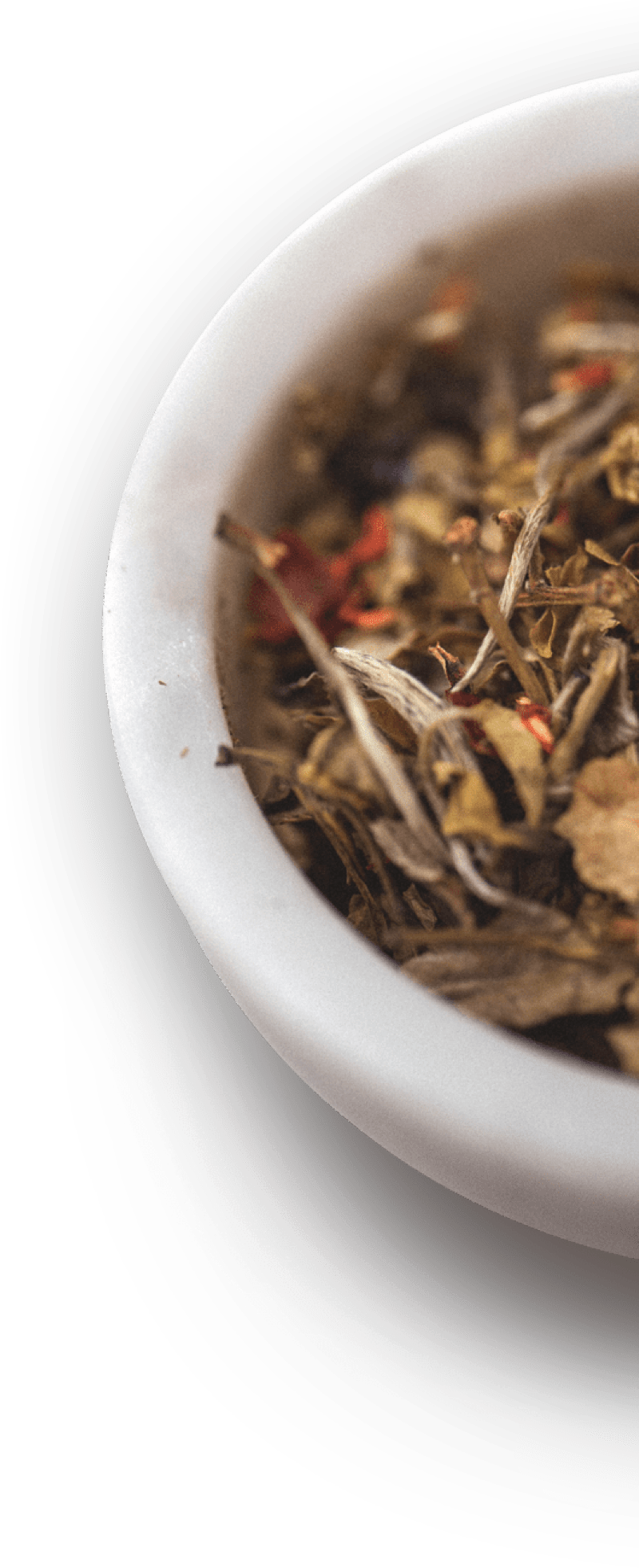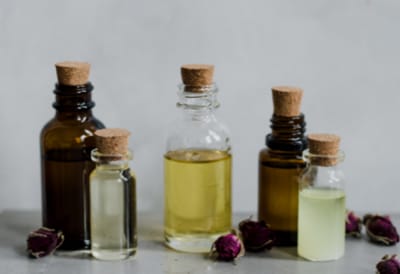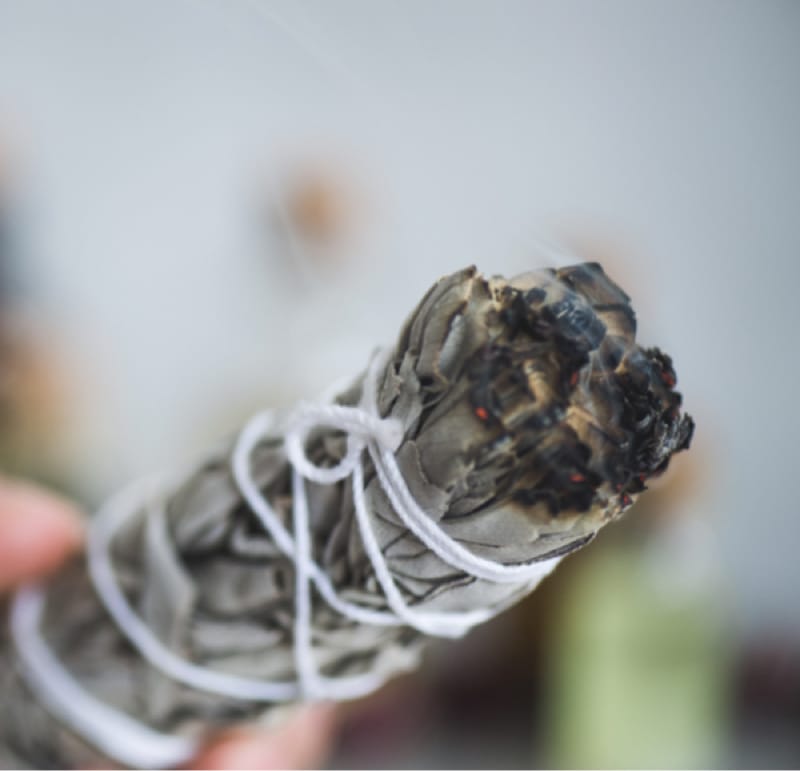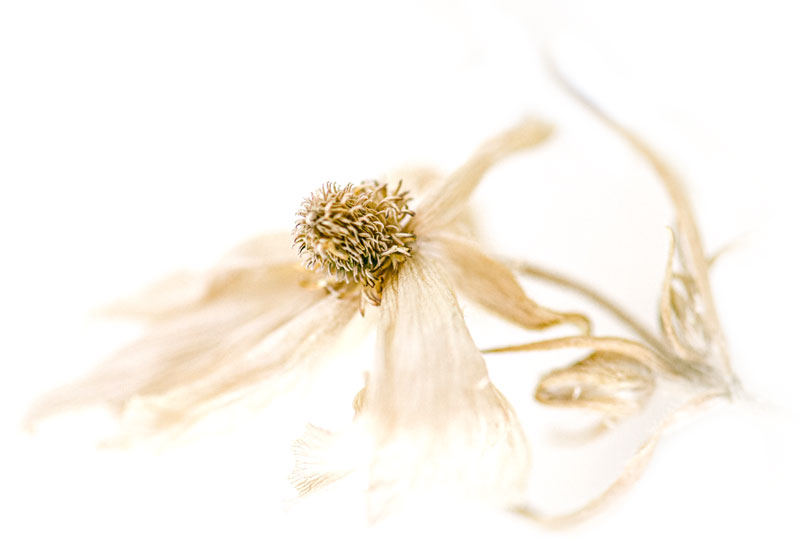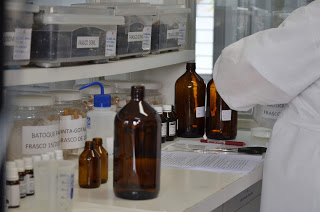

Cytokine is a general term for a large group of molecules involved in signaling between cells during immune responses and are produced by different cell types. Its production triggers a cascade of reactions, influences the synthesis of other cytokines and can exert regulatory mechanisms for the immune and inflammatory responses.
Bacteria or bacterial cell wall products (such as LPS) stimulate monocytes/macrophages to produce both pro-inflammatory and TNF-a cytokines, as well as anti-inflammatory cytokines such as IL-10. Modulation of the production of cytokines by active substances highly diluted and dynamized has shown increased interest due to its efficiency and low toxicity. The objective of this study was to evaluate the production of TNF-a and IL-10 by human monocytes stimulated with LPS and treated with homeopathic complexes (HM-LPS) in vitro.
The homeopathic complexes designated Chelidonium majus and associations (M1) and Calcarea carbonica and associations (M8) were tested on human monocytes obtained from three healthy donors, which were purified by adhesion and cultured in 96-well plates (1×105 cells/ml) in RPMI-1640 medium, supplemented with antibiotics and 5% autologous human serum, and stimulated with 5mg / ml LPS. The HM-LPS were treated with 20% M1 or M8 and maintained at 37 ° C and 5% CO2 for 24h. The concentration of TNF-a and IL-10 in the cell culture supernatant was assessed by flow cytometry using BD-Cytometric Bead Array (BD-CBA) technology.


The treatment of HM-LPS with M1 statistically significantly reduced the production of TNF-a, whereas with M8 what was observed was a tendency to decrease in the production of this cytokine. The concentration of IL-10 did not show the difference after treatment with both drugs. These results suggest that M1, more than M8, can modulate the production of TNF-a and IL-10 by HM-LPS, indicating a potential anti-inflammatory action.
Da Lozzo, E.J.; Gonçalves, J.P.; Kuczera, D.; Buchi, D. F.
Universidade Federal do Paraná, Departamento de Biologia Celular, SCB

